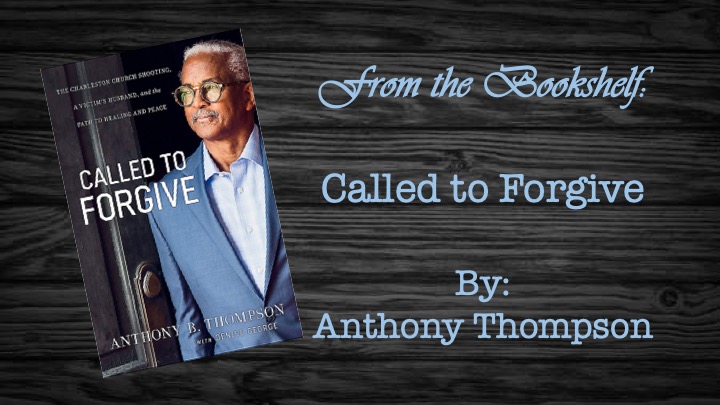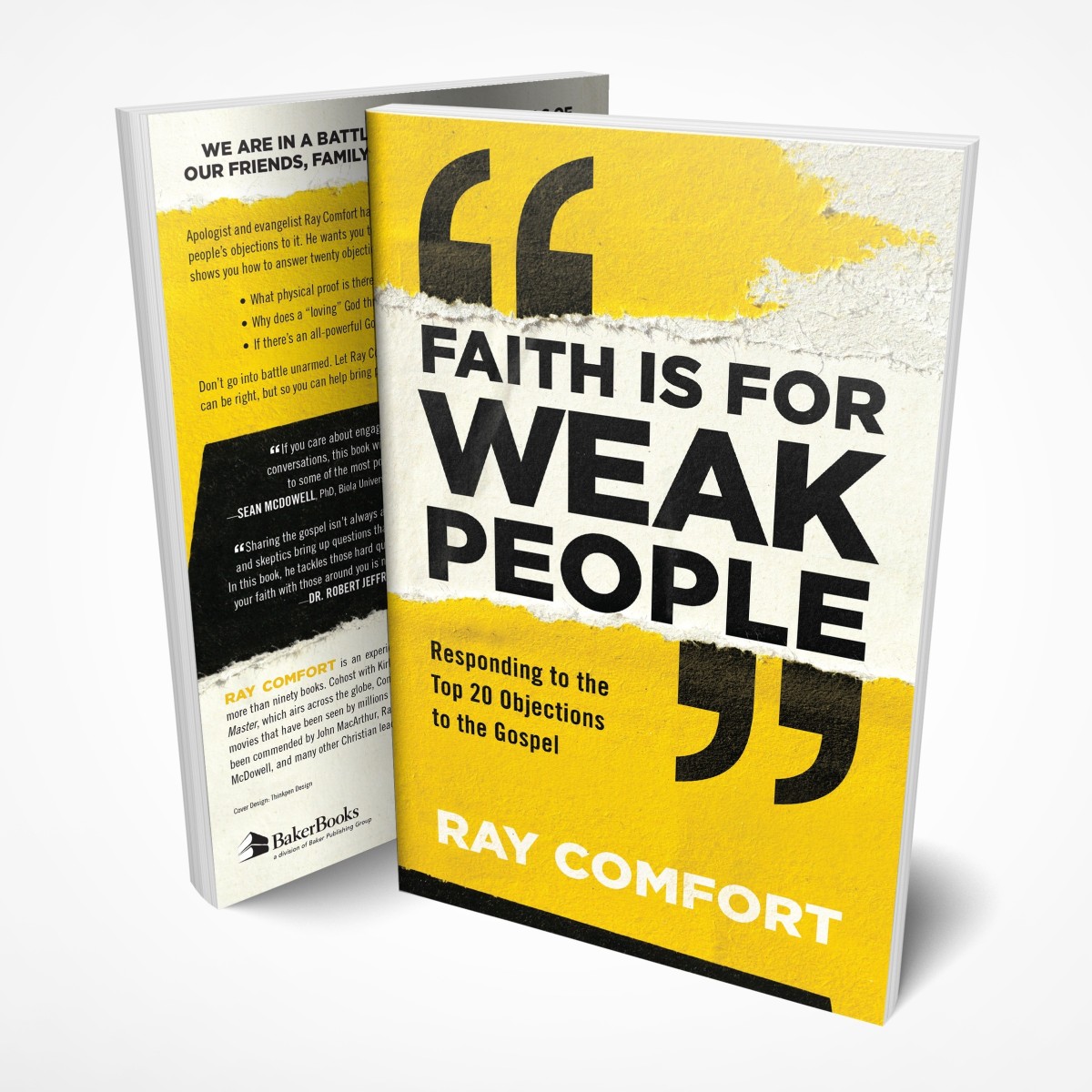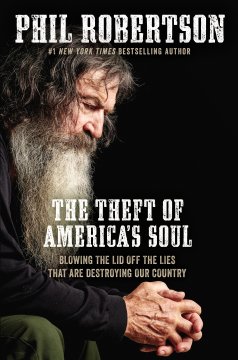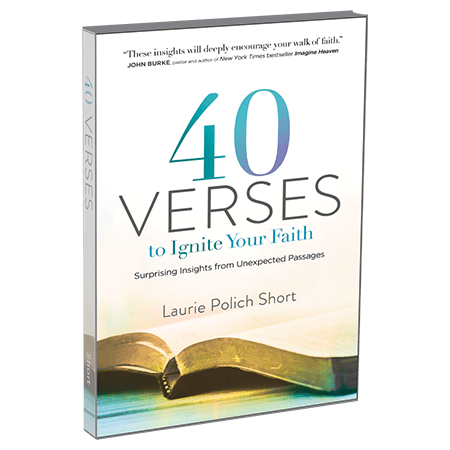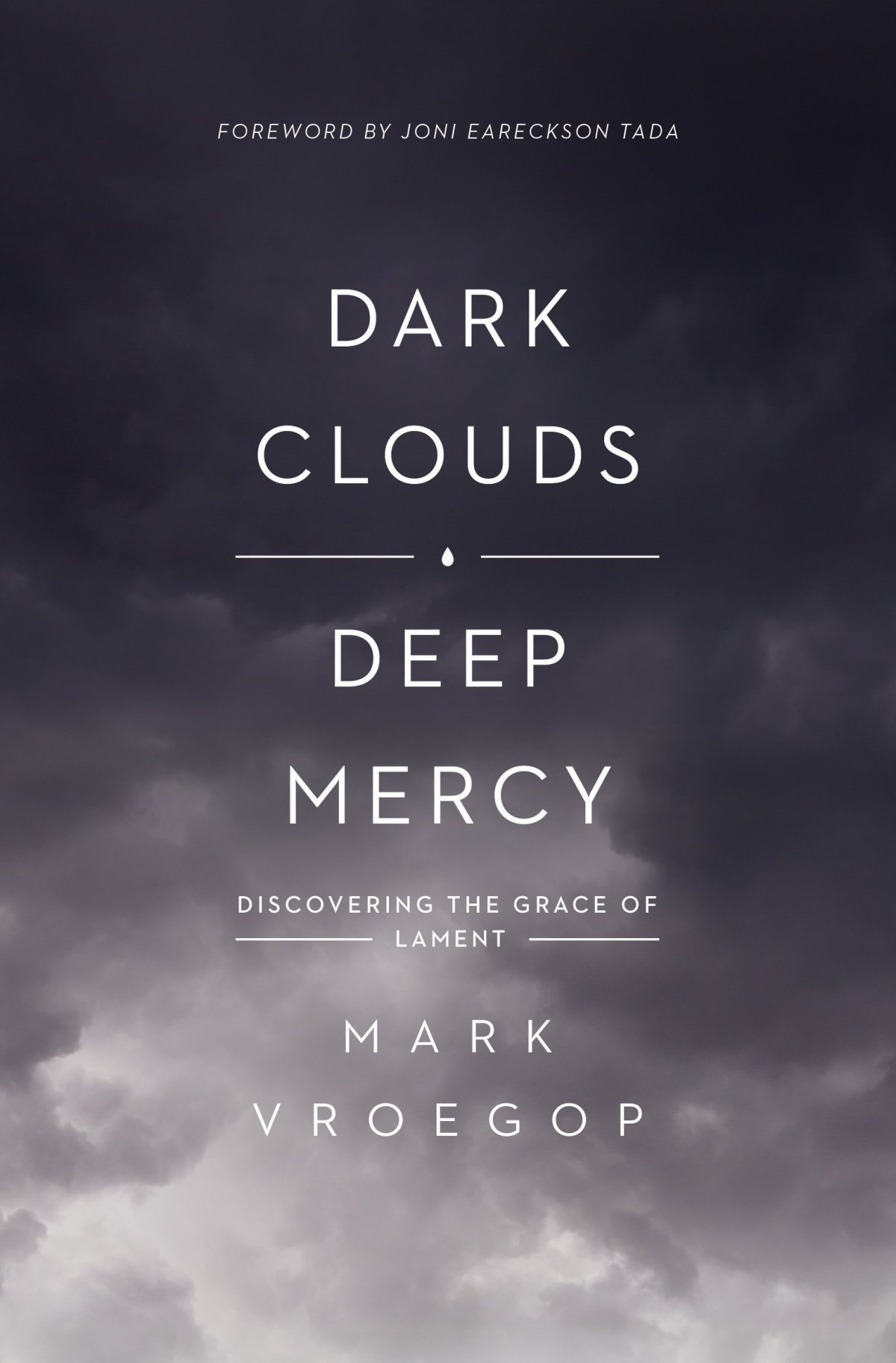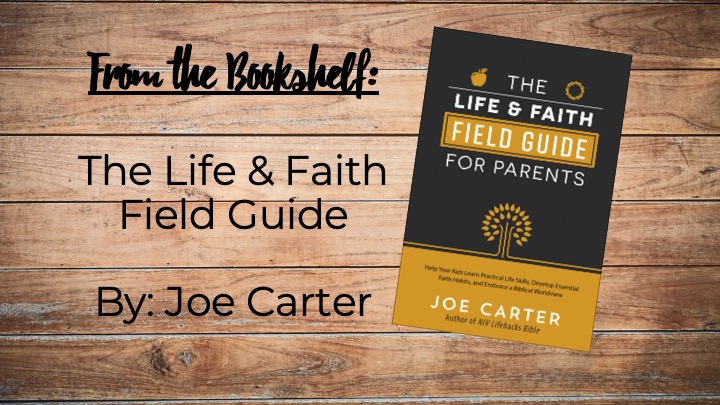If the warnings are true, the world is a dangerous place to live. If the Christian sounds of alarm are true, then secularization is a threatening force. All indicators point to the reliability of these concerns and call for the Christian to be armed, not to initiate an attack but to defend against one. Scripture speaks to this as well, noting that the Christian should be well-protected by the armor of God. Professor and pastor Iain Duguid writes of this necessity in The Whole Armor of God: How Christ’s Victory Strengthens Us for Spiritual Warfare.
The book is an exposition of Ephesians 6:10-20, capturing the reality of spiritual warfare. Over the course of 8 chapters and 127 pages, Duguid looks into the armor that protects a believer in this spiritual battle. Each chapter then concludes with a series of short reflection questions for the reader to consider before moving on.
Because of its shortness, the book lacks a lot of depth that readers may hope for, especially for those familiar with Duguid’s other works. This is not an exegetical analysis. Instead, it is a simplistic look into a person’s need to look to God for this spiritual armor.
While depth is lacking, there are two unique characteristics that mark this work as notable. First, the book is unexpectedly apologetical. The author offers up counterarguments to many of the attacks on Christian theology. Therefore, readers not only find themselves learning about God’s word, but are equipped with a logical Christian defense. Secondly, Iain Duguid stipulates that each piece of armor points to Christ and each chapter is built around that aspect. While writing in a way to assert a practical application of Scripture, he spends much of the time in each chapter building rationale with cross-references of how Christ is presented.
While more profundity would have added some value to the book, The Whole Armor of God is an excellent book. It provides a good basic and encouragement for believers seeking to understand better, Paul’s description of the Christian armor in Ephesians 6.
To learn more about this book or purchase it, click here.
Disclaimer: I received a copy of this book from the publisher at no cost to me for the purposes of review. However, my review was not influenced by the author, publisher, or anyone else associated with this book and is the result of my own reading of it.



